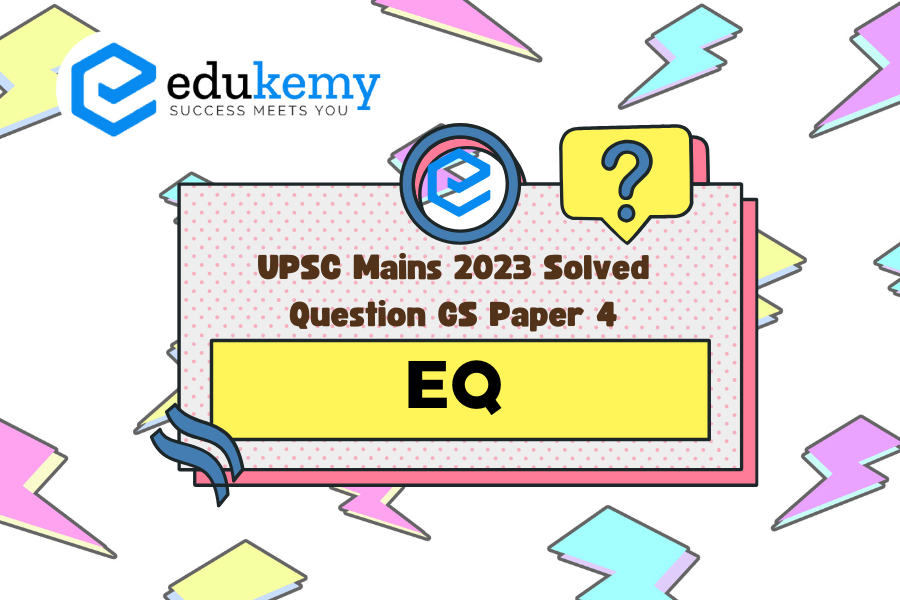The assertion that emotional intelligence (EQ) holds more significance than traditional cognitive abilities, as measured by IQ tests, is a compelling argument in the discussion of success, character, happiness, and lifelong achievements. While cognitive abilities undoubtedly play a crucial role in problem-solving and academic success, it is often the emotional skills that determine how effectively individuals navigate life’s challenges, form meaningful relationships, and maintain overall well-being. EQ encompasses a range of abilities, including self-awareness, self-regulation, empathy, and social skills, which are fundamental to personal and professional success. Unlike IQ, which remains relatively stable throughout life, EQ can be developed and honed over time, offering individuals the opportunity to continually grow and adapt to various situations. Moreover, research suggests that individuals with higher levels of emotional intelligence tend to experience greater job satisfaction, healthier relationships, and overall higher levels of happiness and fulfillment. Therefore, while cognitive abilities are undeniably important, it is the combination of cognitive and emotional skills that truly pave the way for holistic success and fulfillment in life.
Contents
Answer
Emotional quotient is the ability to perceive, understand, manage and use one’s own emotions and the emotions of others in a constructive manner. IQ on the other hand, is a measure of one’s cognitive intelligence level – like logic, planning, problem-solving etc.
Though cognitive abilities are essential to achieve academic excellence and solving problems, EQ plays a more significant role. As per Daniel Goleman, EQ has five essential components – Self-awareness, Self-regulation, Motivation, Empathy and Social skills.
EQ for success
- EQ trumps IQ in importance for success because it fosters collaboration, leadership, and adaptability. EQ enables ethical leadership, promoting teamwork and empathy.
- For e.g. – Steve Jobs, known for high EQ, revolutionised Apple through his empathetic design approach, impacting global success, while many Businessmen like Vijay Mallya, Subroto Roy etc. (having high IQ) failed because they lacked EQ.
- EQ equips individual to face the hardships and vagaries of the life
- For e.g. – Mary Kom overcame several challenges, remained focused and won.
EQ for character
- EQ contributes to the building of strong character by inculcating traits like empathy, integrity, humility etc.
- Honest civil servants are self-aware about their duties and responsibilities, self-regulated and are not swayed by bribes, they have empathy to understand the emotional profile of others. The examples include Awanish Sharan (mobile ambulance), Divya Devarajan ( Learnt Gondi language) etc.
- As Aristotle noted, “Character may almost be called the most effective means of persuasion.” High EQ individuals tend to exhibit ethical behaviour, fostering trust and respect in their interactions.
EQ for happiness
- helps individuals manage stress, cultivate resilience, and maintain a positive outlook. An emotionally intelligent person can bounce back from setbacks, while a high IQ alone may not provide the same level of emotional resilience.
- E.g. Dalai Lama’s enduring joy, rooted in compassion and emotional balance, exemplifies how EQ contributes to lasting happiness.
EQ for lifelong achievements
- While IQ can help strategize goals, EQ provides the persistence and perseverance to follow through over them for long duration.
- For e.g. Ratan Tata, APJ Kalam etc.
As held by Daniel Goleman in his book -“emotional intelligence: why it can matter more than IQ”, “success depends 80% on EQ and 20% on IQ”.
In case you still have your doubts, contact us on 9811333901.
For UPSC Prelims Resources, Click here
For Daily Updates and Study Material:
Join our Telegram Channel – Edukemy for IAS
- 1. Learn through Videos – here
- 2. Be Exam Ready by Practicing Daily MCQs – here
- 3. Daily Newsletter – Get all your Current Affairs Covered – here
- 4. Mains Answer Writing Practice – here


